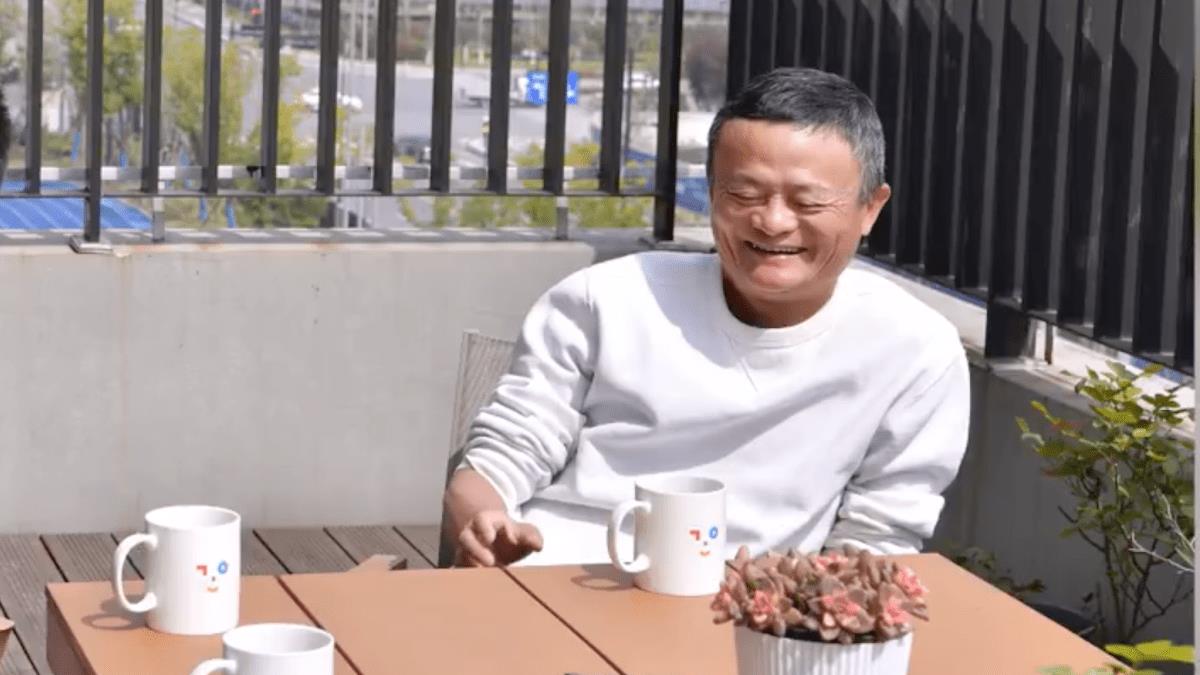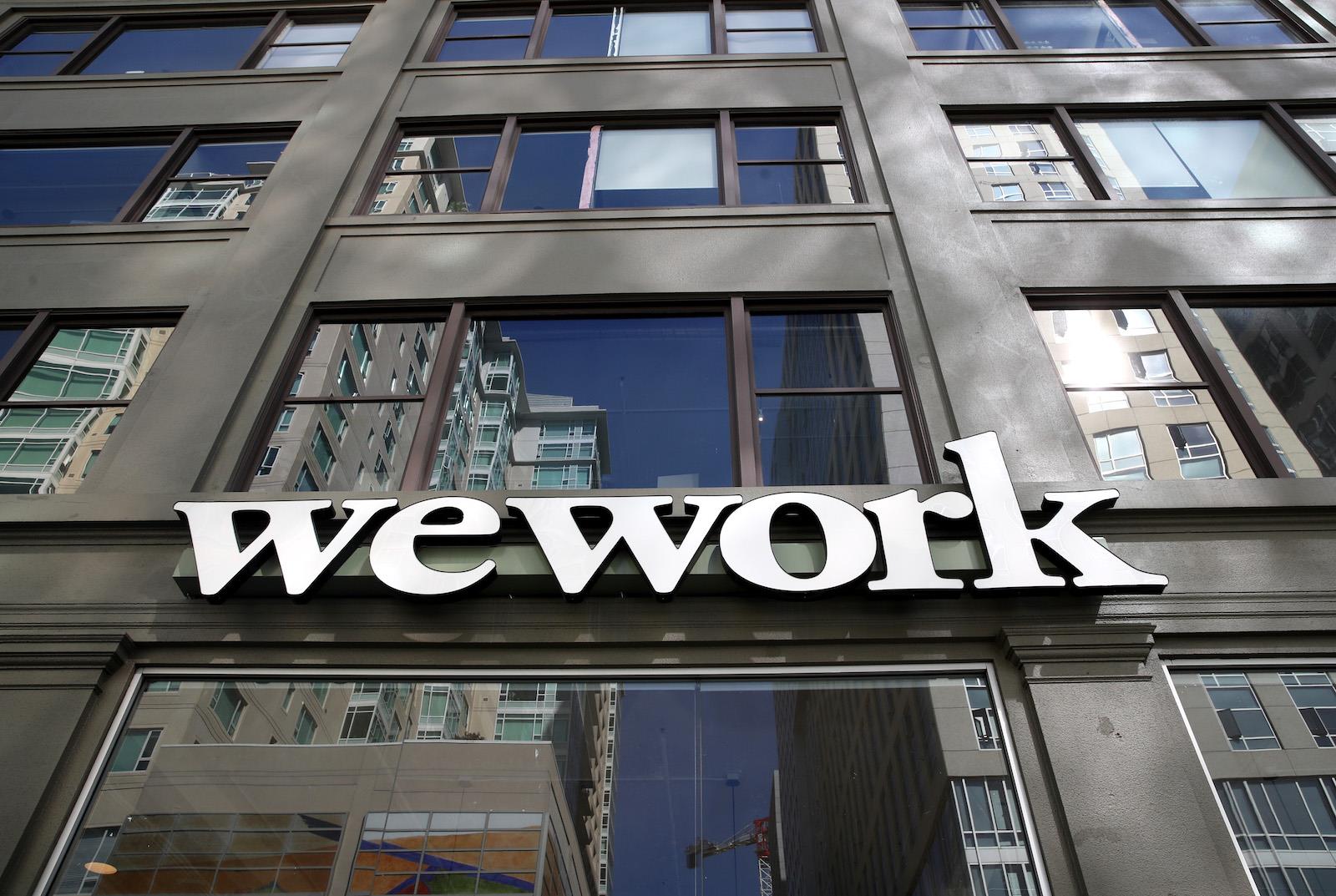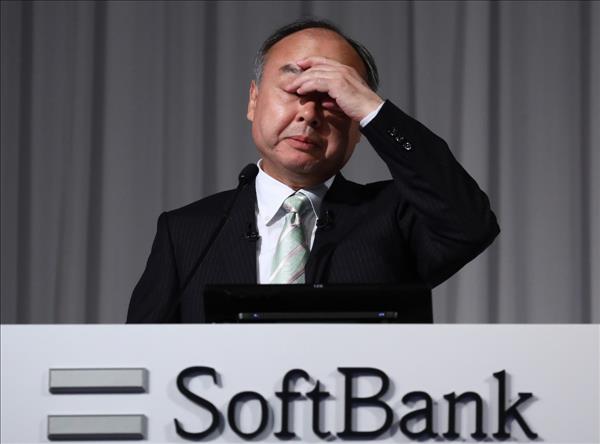(MENAFN- Asia Times) TOKYO - For once, news that Masayoshi Son is slashing his stake in Alibaba says more about SoftBank's troubles than it says about the Chinese e-commerce giant.
The specter of the Japanese billionaire – who effectively discovered Jack Ma back in 2000 – dumping Alibaba has long maddened investors. Whenever such talk flared up amid worries about China's economy or regulatory crackdowns Alibaba shares would plummet.
This week, Son took a huge step in that direction. Regulatory files showed Son sold a majority of his Alibaba shares - roughly US$7.2 billion via prepaid forward contracts. At this point, Son holds only a 3.8% stake in Alibaba. That's down from 25% just three years ago, when Alibaba was SoftBank's most lucrative investment.
The timing, of course, seems a tad odd. Last month, Ma's company announced a bold plan to break up the company into six units. Five of them will focus on raising fresh funding and holding initial public offerings (IPOs). Son is exiting, in other words, just as things are getting interesting for Alibaba – not to mention highly lucrative.
The last 30 months were rough on Alibaba shareholders. Ever since Ma's criticism of Beijing regulators in October 2020, Alibaba had been on the defensive - and Ma had been barely heard from. The breakup plan marked Ma's return to China and Alibaba's biggest opportunity in years.
That Son is getting out now smacks of financial desperation, to some extent. In recent years, SoftBank's Vision Fund posted epic losses as global tech valuations cratered. In February, Son's fund reported a pre-tax loss of roughly $5 billion, marking its fourth straight quarterly loss.
There's an argument that Son's sale is a plus for Alibaba in the longer run. CEO Daniel Zhang can stop catering to Son's whims and demands, instead prioritizing working with other shareholders to pull off the breakup plan.

Alibaba founder Jack Ma is back on the Chinese mainland after having lived in Japan for more than a year. Photo: Yungu Primary School, Weibo
When it broke the story of Son's sale, the Financial Times reported that SoftBank is in“defensive mode .”
In other words, says Vey-Sern Ling, managing director at Union Bancaire Privėe, the move“reflects issues with SoftBank, rather than Alibaba, and has no bearing on Alibaba's fundamentals, which are improving, or fair value, which is not a consideration for SoftBank.”
Morgan Stanley analyst Gary Wu argues SoftBank's sale won't have a“meaningful impact” on Alibaba's financials or business. Analyst Scott Devitt at Stifel Financial Advisors agrees, noting that“we don't view this as a shift in confidence from a major investor. In fact, it could remove an overhang of expectation of such an event.”
Yet the overhang from SoftBank's losses of recent years aren't going away. SoftBank had been trying to unload British chip designer Arm.
“We are also somewhat concerned that this move speaks to further implosions at the Vision Funds, in the wake of the Silicon Valley Bank collapse,” says analyst Mary Pollock at advisory firm CreditSights.“Concerns about this dynamic could also have impacted demand from Japanese retail investors for SoftBank's recent subordinated debt issuance of 222 billion yen ($1.6 billion).”
Steven Leung, executive director at brokerage firm UOB Kay Hian, says it's hard to divorce the timing of Son's sale from the svb crisis that's shaking up world markets. Since that turmoil, Leung says, it is“much harder to get loan financing in general.” It follows that for early investors in big tech firms, 2023 is full of risks and wildcards.
Pollock says that“on balance, we view this report as a negative for SoftBank creditors at this stage. Though short-term cash will be bolstered, the long-term risks related to the shift in value towards the Vision Funds and the potential for this to signal another weak set of results offset this dynamic.”
Clearly, Son's bet on Ma was a spectacularly successful one. Twenty-three years ago, Son
was so dazzled by
Ma's plans to build a
Chinese
Amazon that he took a $20 million chance on this unknown English teacher in Hangzhou. By 2014, when Ma took Alibaba public in New York, Son's
stake
was worth
more
than $50 billion.
Three years later, Son founded the $100 billion Vision Fund to try to recreate that magic in countries around the globe. Yet over the last few years, even before the pandemic hit, Son suffered more stumbles on his investments in tech startups than wins.
Among Son's biggest misses was being the most extravagant supporter of wework . Son erred spectacularly by giving founder Adam Neumann a blank check for his fanciful strategy of building an office-sharing eco-system in the image of Apple Inc.

A WeWork office in San Francisco. The pandemic wasn't kind to its co-working space vision. Photo: Getty Images / AFP
What's more, Son's penchant for overpaying for stakes in undeserving startups warped venture capital incentives everywhere and larded SoftBank's balance sheet with excessive risk.
By late 2021,
SoftBank
was suffering its worst decline since 2006. As
Son
said in November 2021:“We are in the middle of a blizzard” of red ink. It was quite a contrast from a year earlier when
Son
said the Vision Fund was the goose laying“golden eggs.”
As the eggs go scarce, Son's empire is dispensing with SoftBank's golden goose investment at a uniquely precarious moment for the global economy. Alibaba will be fine, of course. With its new structure, says analyst Kelvin Ho at Fitch Ratings,“Alibaba may be able to unlock value via spin-offs or IPOs.”
This, he adds,“could boost alibaba's credit strength if capital is freed up from businesses that generate little cash and deployed in stronger cash-generating businesses or used to pay down debt.”
It's not clear at all, though, that SoftBank will be fine as Son untethers the Vision Fund from the investment that made its reputation. The sale – and its timing – is generating more questions than answers.
Follow William Pesek on Twitter at @williampesek
Like this:Like Loading...






















Comments
No comment